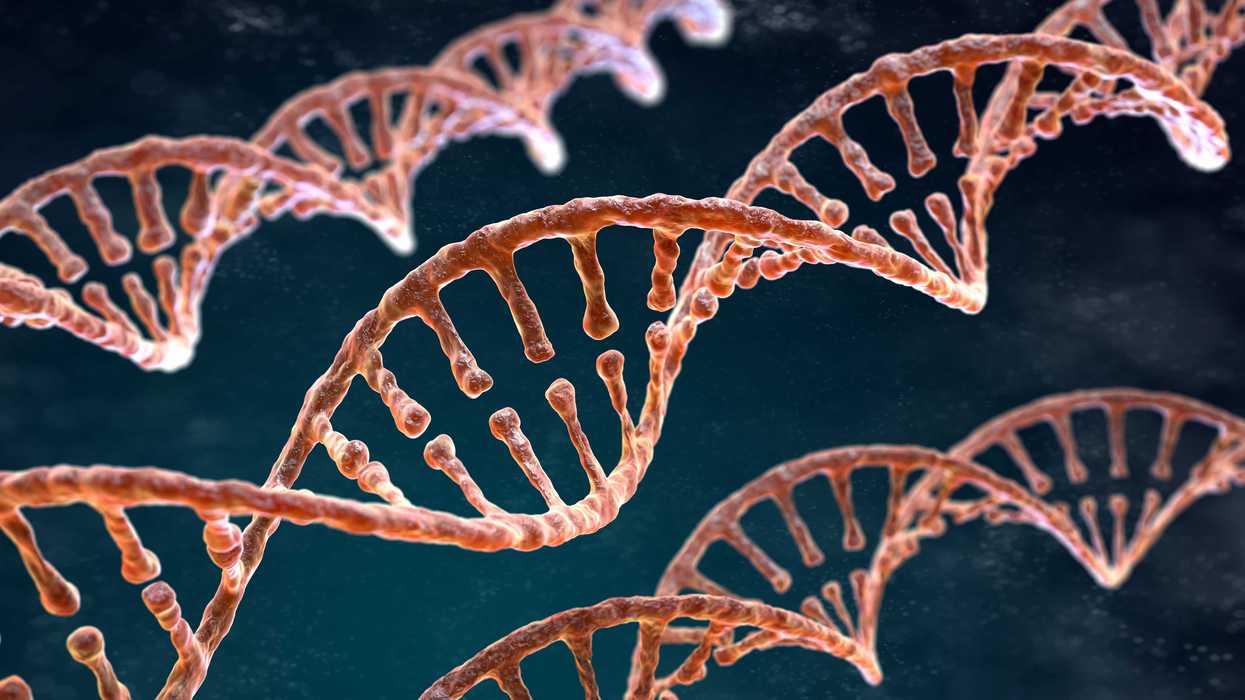Obese adolescents with higher levels of exposure to the toxic chemical DDE are less likely to have successful results after bariatric weight loss surgery, according to a new study published in Obesity.
In short:
- DDE is an environmental pollutant that results from the breakdown of the pesticide DDT, and is considered an obesogen.
- Adolescents with higher levels of DDE in their bodies lost less weight in the first year after surgery than those with lower DDE levels.
- Adolescents with higher exposure to DDE also regained more weight following surgery.
Key quote:
“Our results underscore the significance of the interplay between environmental pollutants like DDE and surgical effectiveness, which may direct future research toward a more nuanced understanding of health outcomes in the context of environmental influences.”
Why this matters:
Although the pesticide DDT was banned for use in the US in the 1970s, the chemical and its byproducts (including DDE) are incredibly persistent and can still be found in food, water, dust, and human tissue. Because of its health effects, DDE is known to be an obesogen - a chemical that can increase an individual’s susceptibility to obesity. The results of this study demonstrate the complex ways environmental pollutants can factor into healthcare, and highlight the need for further research.
Related EHN coverage:
Jerry Heindel, PhD, Director of Healthy Environment and Endocrine Disruptor Strategies (HEEDS), a part of Environmental Health Sciences, writes on the topic of obesogens:
- Op-ed: Untangling the causes of obesity
- Opinion: Researchers and clinicians acknowledge the role of chemicals in spurring obesity
- Op-ed: The FDA needs to start protecting us from obesity-promoting food chemicals
More resources:
HEEDS has coordinated three comprehensive scientific reviews on obesogens and is collaborating with several of the authors of this study to encourage more research on the potential clinical effects of obesogens.
Rubbo, Bruna et al. for Obesity. Mar. 22, 2024
- Opinion: What I’ve learned from hanging out with obesity scientists ›
- PFAS has more effect than type of diet on weight gain: Study ›

















